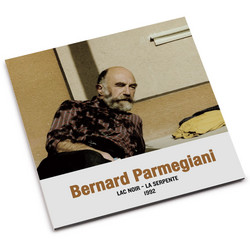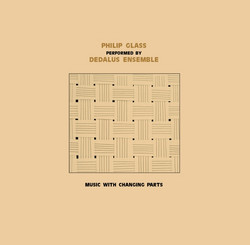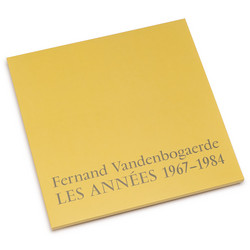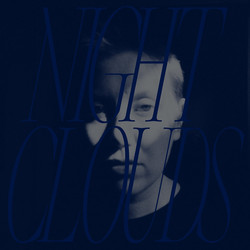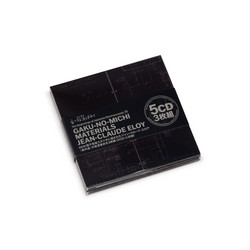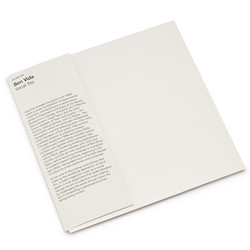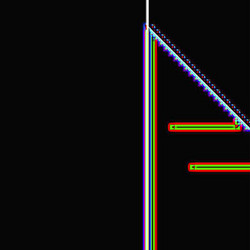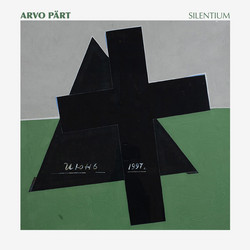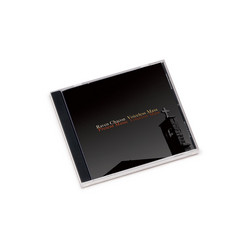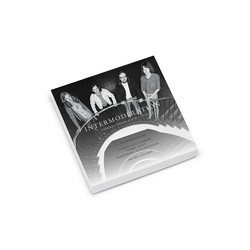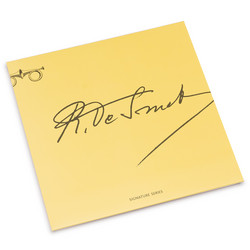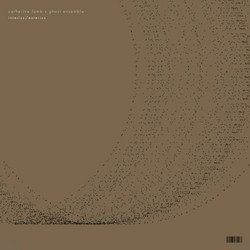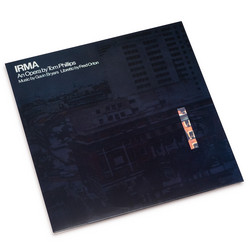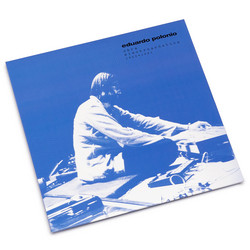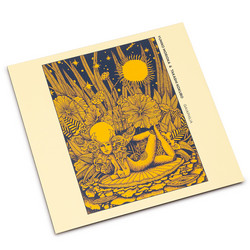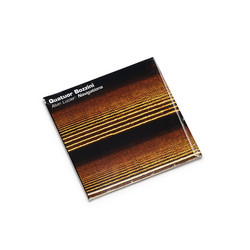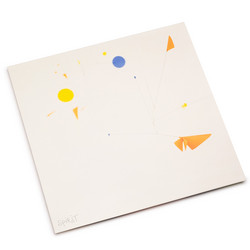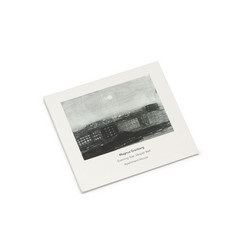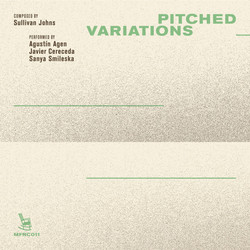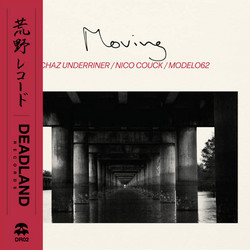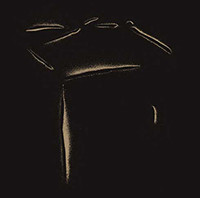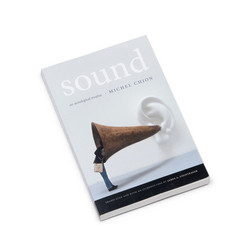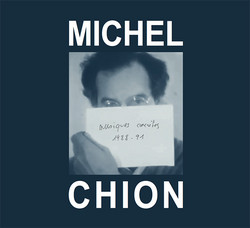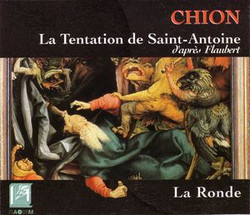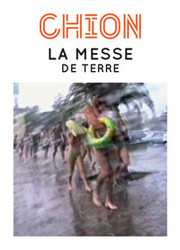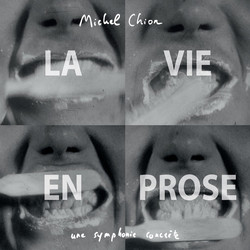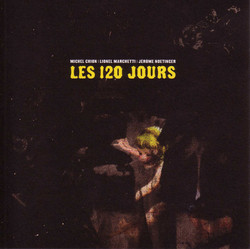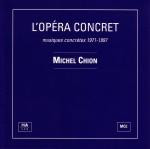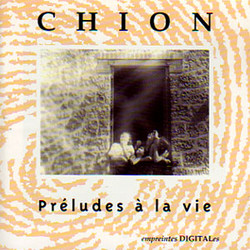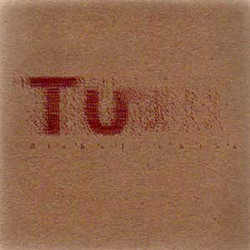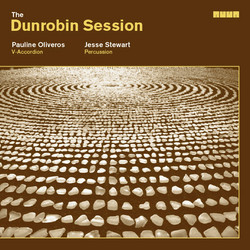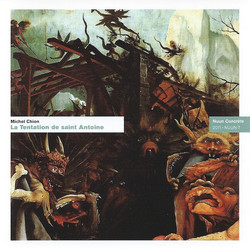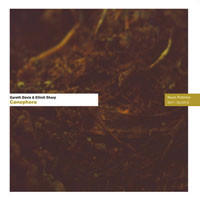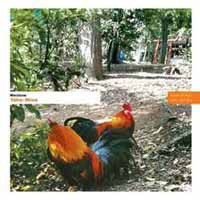RESTOCKED This is another great piece of musique concrete from Michel Chion. Never published before ! Composed in 1979 at the GMEM studios in Marseille. Comes with a 16 page booklet with texts from Michel Chion and Lionel Marchetti.
TheWire beautiful review
Michel Chion proposes three different modes of listening : causal, semantic and reduced. The first relates simply to a sound’s source or causal agent. The second involves a desire to extract meaning, or meaningful action. Reduced listening concentrates on the qualities of sound itself, the pitch relationships and rhythm of words rather than their literal meaning. It’s often assumed that Chion privileges this kind of listening and abandons the other, but the effect of listening to this previously unreleased work, prepared in 1979 on commission from the Groupe de Musique Expérimentale de Marseille, is that all three modes are engaged, but out of logical sequence.
It is perfectly possible to listen to Diktat in an aurally abstract way, with the voices of Chion and Lanie Goodman interweaving musically, but what then happens is that the listener begins to identify moments of fracture as the text switches between French, German and blave (bluff, lies, scat, nonsense), and while it is possible to make linguistic distinctions purely on the basis of cadence, it is virtually impossible then not to register meanings or non-meanings, and from there to begin to identify sound sources in the two-track tape accompaniment. The sound of a typewriter is of particular moment. It is, of course, a form of percussion instrument, with strong modernist/futurist resonances. It is also a machine for making texts, making meaning, issuing instructions. But who would have thought that a typist, milked up close, would sound so much like marching men ? This perhaps, is the underlying theme of Diktat, a meditation on authority and its conduits.
The voice(s) of the piece are those of Melchisedech, a clochard-prophete or Beckettian philosophical tramp who bears the Latin Vulgate name of the “king of righteousness” in Genesis, who blesses Abraham and delivers bounty; and Donna the “mad virgin” who gives and is a given. The progress of the piece has a certain surreal logic : wakening, love, prophecy, labour, agitation, night; though there is no narrative coherence to these different sections. Relative to more recent Chion pieces like the magnificent La Tentation De Saint-Antoine and 1998’s L’Isle Sonante which is like a Walerian Borowczyk silent film realized in sound, Diktat presents a less coherent auditory profile. There are more places which invite a switch back to semantic or causal listening. It is, however, sound poetry of a sort than began to recede – reasons not entirely clear – as computer interfaces and sound synthesis went through a second revolution. It is far from a period piece, though, too radical to be readily curated, still fresh, funny and dangerous.
